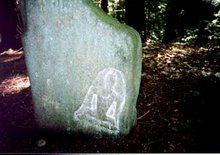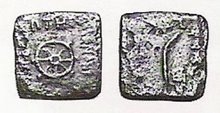satori
kensho
enlightenment
Satori - understanding - when you have digested some conflict the wave it once made will never crest so high again.
Kensho is the Japanese term for a sudden realization. This is more of a resolution for some conflict than just a general understanding.
Enlightenment - this is what you may get when you die. Gautama, in death, became enlightened - the Buddha.
As I stated before, it has long been my understanding that to ask a monk: "Are you enlightened?" is very closely akin to asking: "Will you die (immediately)?"
A Bodhisattva, for example, is someone on the path to enlightenment or Buddhahood.
So, by definition, a Bodhisattva is not enlightened.
Then I thought about Dhyāna: or the stages of concentration in meditation. The Buddha passed through successive jhanas before he reached enlightenment - that is he even ate the spoiled meat and subsequently died of food poisoning. His consideration was not for his own health or well-being but rather the rudeness he would be showing his host by rejecting an offering of food.
Finally, before passing away, the Buddha said:
"Perishable are all conditioned things, but the Truth will live forever! Work out your Liberation with diligence!" source
Thus, Gautama became the Buddha. In this story, Gautama is spoken of as the Buddha because we are not living in the moments before his death. He is already dead and he will not return. Gautama is, at this moment, the Buddha.
Consider the following fable:
An old monk asked a young monk: "Are you enlightened?"
The young monk responded: "Why, yes!"
The old monk rolled his eyes and asked: "Already?"
Enlightenment is a journey more than it is a destination. The journey ends when the journey ends and not before.
Last night, I was ask: "Do Buddhists believe in an immortal soul?"
I replied: "Although I only speak for myself, as a liability, yes."
Friday, September 3, 2010
Subscribe to:
Post Comments (Atom)








No comments:
Post a Comment